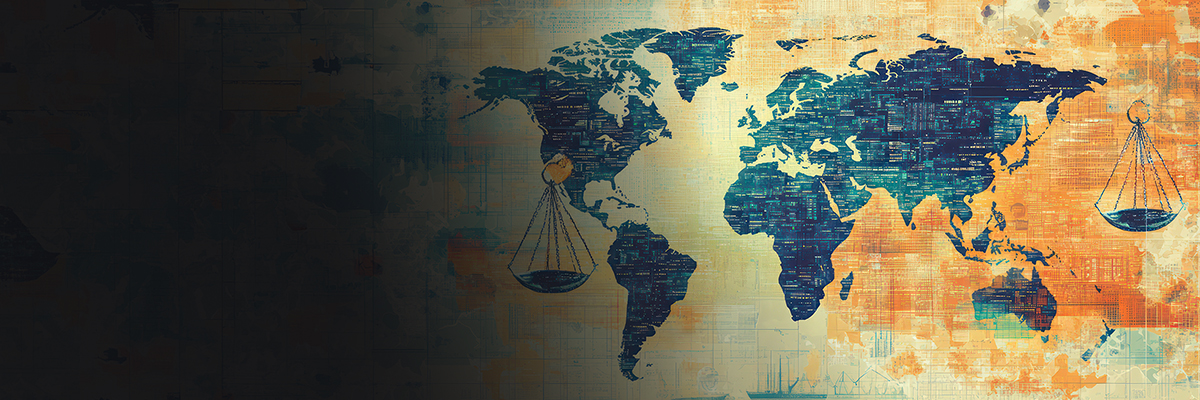When the Global Order Unravels
The liberal order is fraying at the seams. New powers are rising. Non state actors are testing the boundaries of political authority and legitimacy. And (some) allies are becoming increasingly isolationist, unilateral and adversarial. How should the UK respond to these challenges as the international order transforms and new cleavages emerge in international affairs? Is international disorder becoming the new norm and what risks does this pose for national, regional and global security?
This research theme examines the sources of disorder in international affairs, how and why the existing order is under threat, and whether foreign and security policy decision makers need to reformulate their thinking for an increasingly disorderly world.
Key areas for exploration under this theme include:
- Technological disorder: How and in what ways are emerging technologies, including cyber, AI, quantum, the metaverse, biotechnologies, inducing disorder into the international environment?
- Geopolitical disorder: How will revisionist states like China and Russia advance their interests as western dominance and hegemony wanes? What kind of new (dis)order will emerge and how will it be influenced by other regional and global power centres?
- Societal disorder: How is our thinking, cognitive processes, psychology, identity and sense of safety and security affected by global disorder and its symptoms. Are new cleavages emerging driven by emergent extremist online subcultures and are these weakening our societal bonds?
The theme draws together a range of academic disciplines to explore these questions and seeks to develop technological solutions to understanding and responding to the new world disorder.





